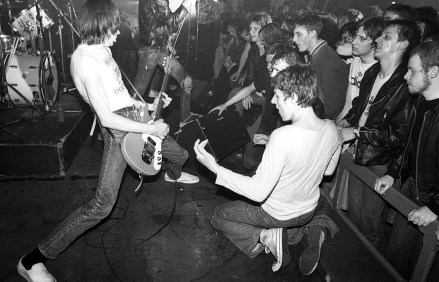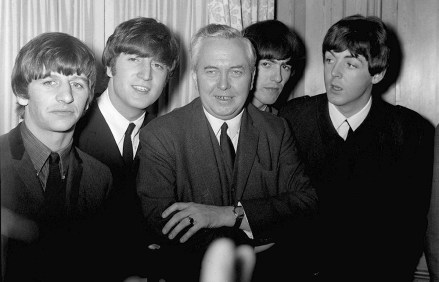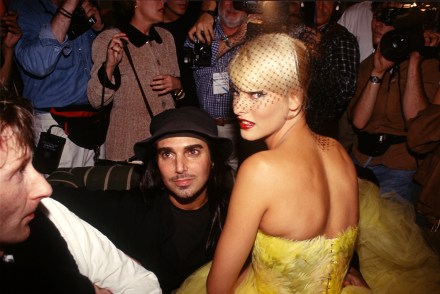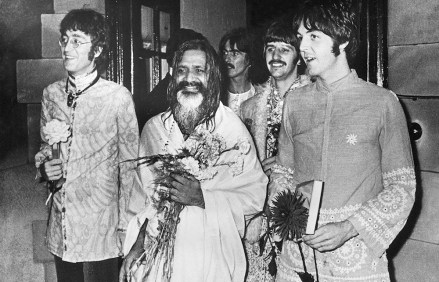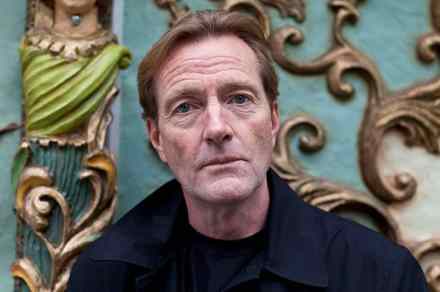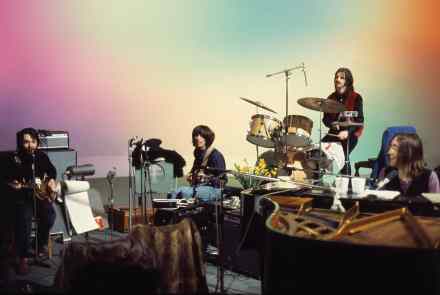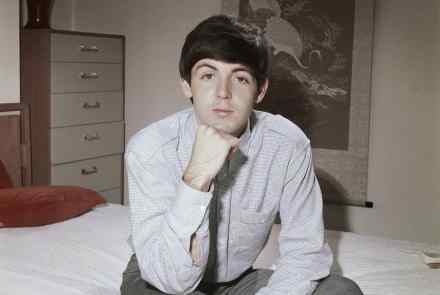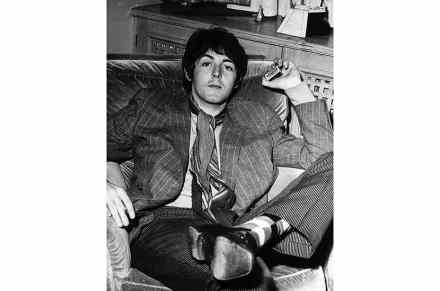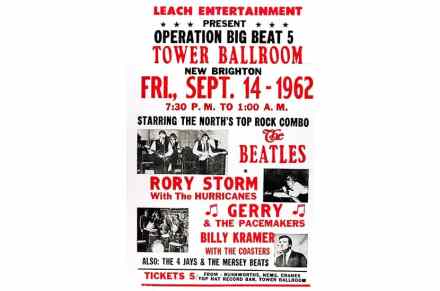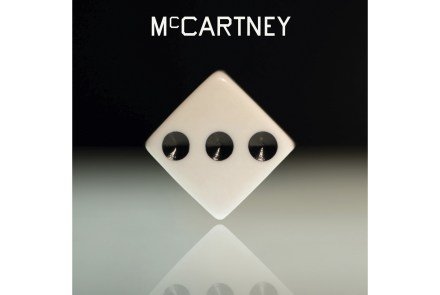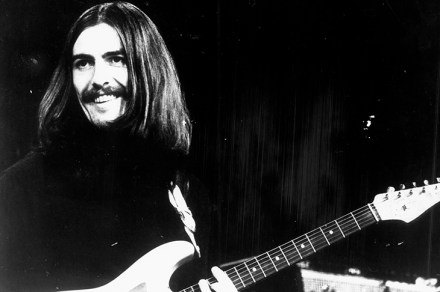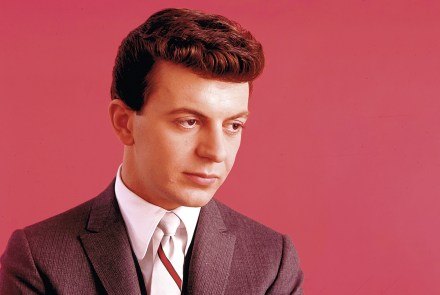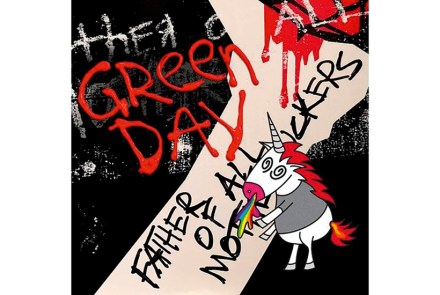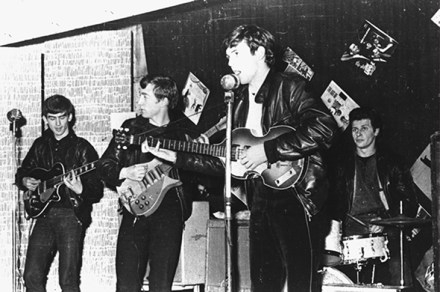How Liverpool soon outgrew the Beatles
‘If any journalist asks you about the Beatles because you’re from Liverpool, say you hate them and you don’t listen to that old crap.’ Such was the advice that the DJ Roger Eagle, promoter and founder of the legendary (and there really is no other word for it) Merseyside punk club Eric’s, dispensed to a young Ian Broudie in the late 1970s. Little could either have imagined that almost simultaneously John Lennon, over in New York in the Dakota Building, was busy demo-ing ‘Now and Then’. It was a song which would resurface as the final Beatles single and top the charts some 40-odd years later, aided by a form
